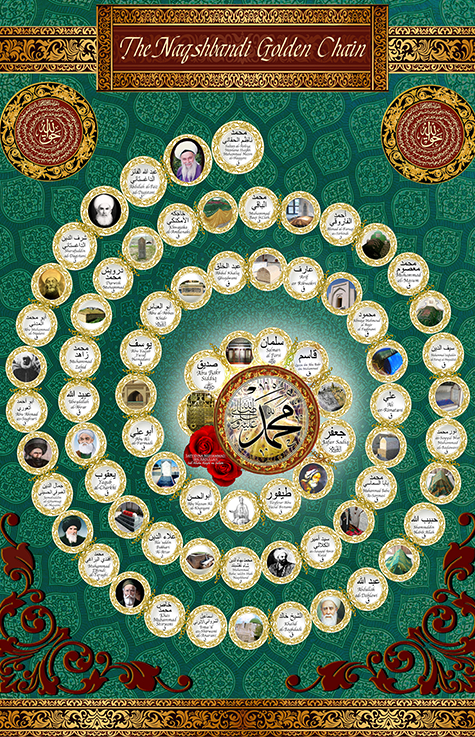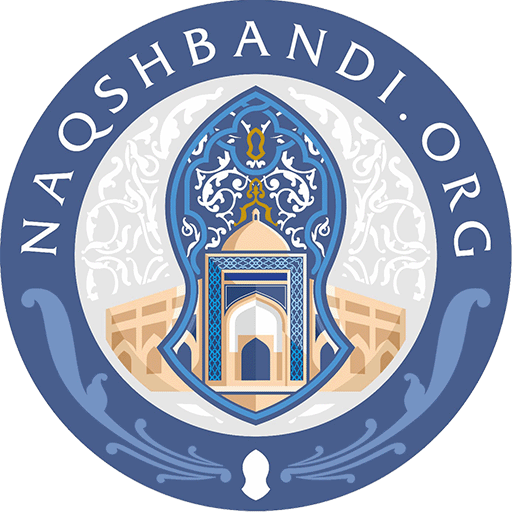المفاهيم
شرح الإسلام
والتصوف
ماذا يعني الإسلام؟
Islam is more than just a single word but a concept.
Islam embodies submission, harmony, and peace. Submission, in the sense of surrendering oneself to the Divine Reality. Harmony, in the sense of living in alignment with the covenant that Allah has set forth for human beings.
So, when we submit to Allah, and develop a meaningful acceptance of what Allah has destined for us, this establishes a spiritual connection and an inner peace — that all creation, knowingly or unknowingly, is searching and yearning for.
What are the core tenants of Islam?
- The oneness of God (Allah) — this succinctly means that there is no power and there is no change except by Allah.
- Allah has sent his representatives — spiritual masters and teachers of the most highest order — to help enlighten and guide humanity towards him. This includes Moses, Jesus, and Muhammed (peace be upon them).
- In the revelation, the Qur’an, revealed to Muhammed (peace be upon him) from Allah; and that it is unchanged and it is the final revelation. In addition Allah has sent many past revelations, although none of what we have today are directly from Allah’s emissaries but are in actuality second hand accounts such as the Psalms revealed to David, the Torah revealed to Moses, and the Gospel revealed to Jesus.
- In an unseen / inner reality (al-ghayb); a reality that is bound and intertwined to this physical materialistic life, and which comprises the totality of existence that we live in. Additionally, this unseen reality includes spiritual forces and energies that act in accordance to the divine will (aka angels) and negative forces (the shayton).
- In the after life (ahira). Meaning that there is more to this life than this materialistic world; and that all life is for a purpose, moving, evolving towards the Divine Reality. And after we die, or more accurately, after we depart this life, we enter the next chapter in our journey of evolution.
ما هو التصوف؟
As the emissary of the Divine Reality, Prophet Muhammed, peace and blessing be upon him, said: “Whoever obtains real knowledge of the self has real knowledge of his Lord.”
This knowledge of the self is obtained through purifying oneself through connection with the Divine Reality, which is the oneness of God — Allah, and the mastering of one’s ego.


ما علاقة التصوف بالإسلام؟
وهو الطريق الروحاني الموجود في الإسلام ومعناه:
- طلبا لرضا الله
- الحب والسلام مع الذات
- الانسجام مع كل المخلوقات (البشرية، والحيوانية، والطبيعة)
- أن يتحلى بصفات الأنبياء والأولياء الجميلة
ما علاقة التصوف بالإسلام؟
وهو الطريق الروحاني الموجود في الإسلام ومعناه:
- جميعهم مركبات ومسارات إلى الحضور الإلهي لله؛
- إن كل الأديان في الإسلام هي من عند الله تعالى، ومع مرور الزمن وضعف الإنسان انحرفت أغلب الأديان عن حقيقتها الأصلية، واعتنقت عبادة الأصنام أو غيرها من المعتقدات الخاطئة، مما أبعد الناس عن عبادة الله الواحد الحق وعبادته.
- وستجد جوهر الديانات الأخرى متجسداً في عقائد الإسلام.
كيف يدخل الإنسان في الإسلام؟
الأنبياء الذين أرسلهم الرب عبر التاريخ.
كيف ينظر الإسلام إلى الديانات الأخرى؟
الشيخ هو من ورث ما جاءت به الأنبياء، وهو المخول له أن ينقل هذه التعاليم والأسرار إلى من يأخذ بيده كمعلم، والشيخ الحقيقي هو من تغلب على صفات نفسه السيئة من خلال الإخلاص لربه، ولذلك فهو قادر على توجيه طلابه إلى إتقان ذواتهم، وفتح الطريق أمامهم للوصول إلى طاقات روحية غير محدودة.
الواقع الروحي هو الذي يسمح للإنسان بتحقيق ست قوى:
- قوة الجذب
- قوة التركيز على القلب
- قوة التوجيه
- القدرة على نقل أعباء الآخرين وطلباتهم إلى الله
- القدرة على نقل البركات
كيف يصل الإنسان إلى المستويات الروحانية في التصوف؟
ومن أهم أساليب تحقيق التقدم الروحي في التصوف:
- - اتباع إرشادات وتوجيهات الشيخ أو المرشد المعتمد.
- - الذكر، وهو ذكر ربك بذكر أسمائه الحسنى وصفاته، وتسبيحة، وحمد خالق كل شيء.
- - حضور مجالس النصيحة والذكر التي تقام عند الشيخ أو من ينوب عنه، والجلوس معهم، والصلاة معهم جماعة، والترحيب بكل من جاء لحمد ربه.
